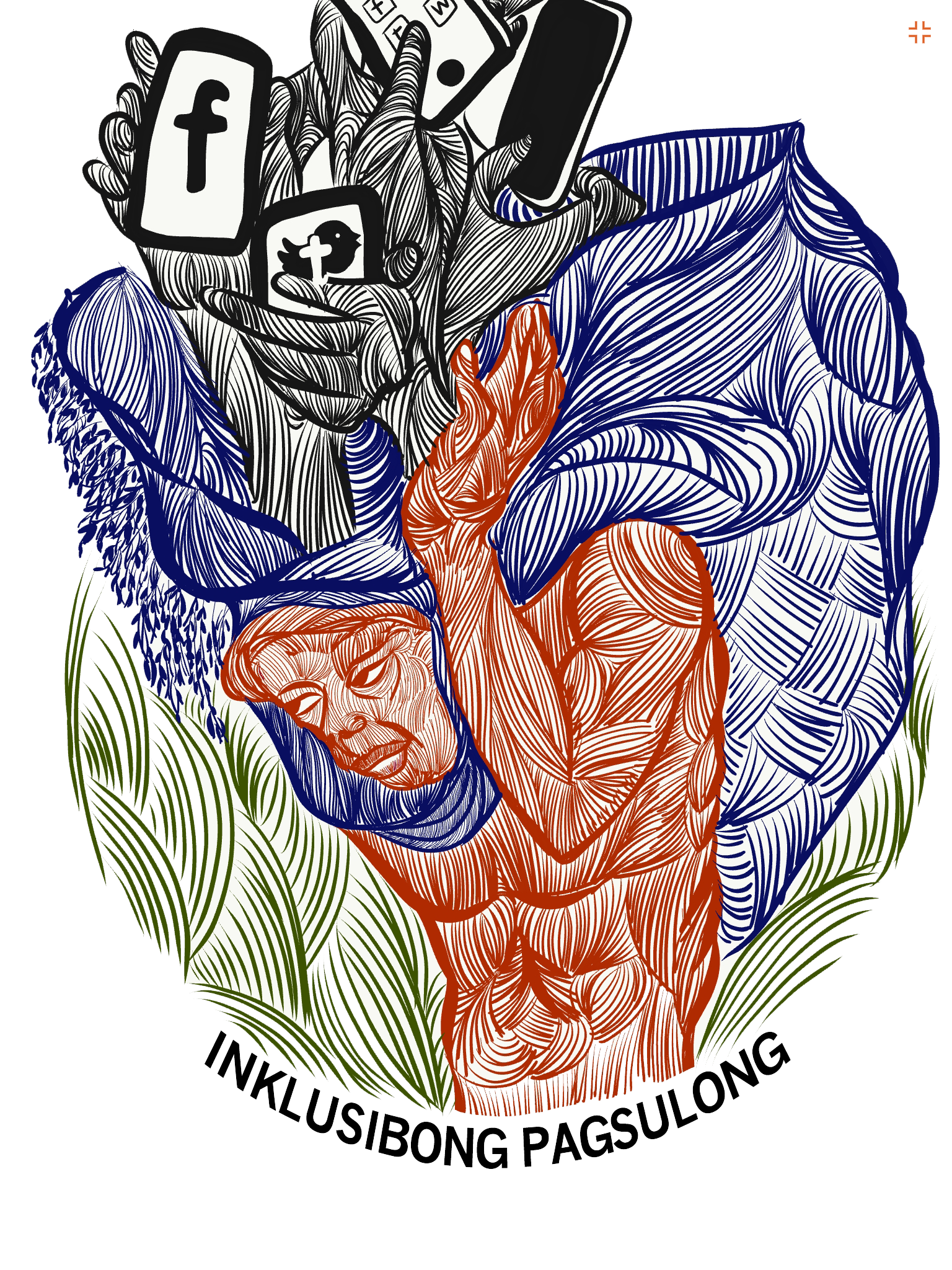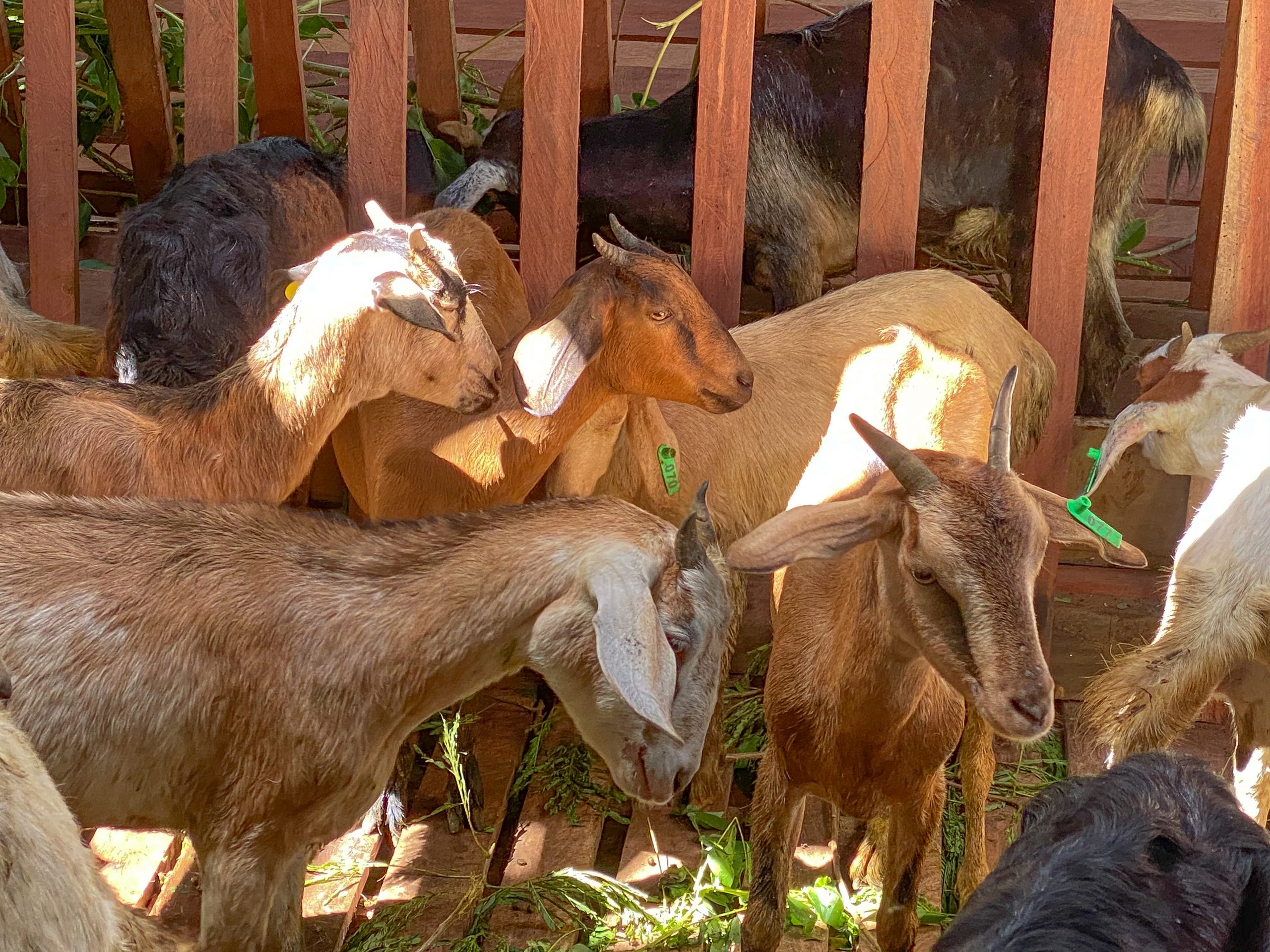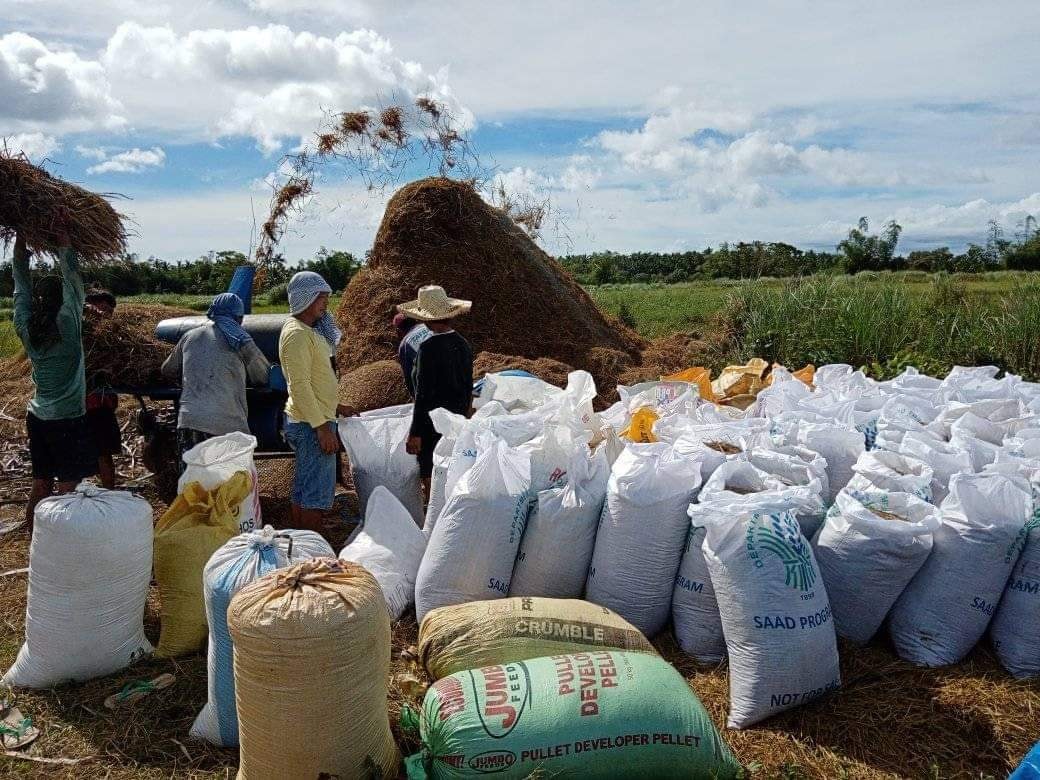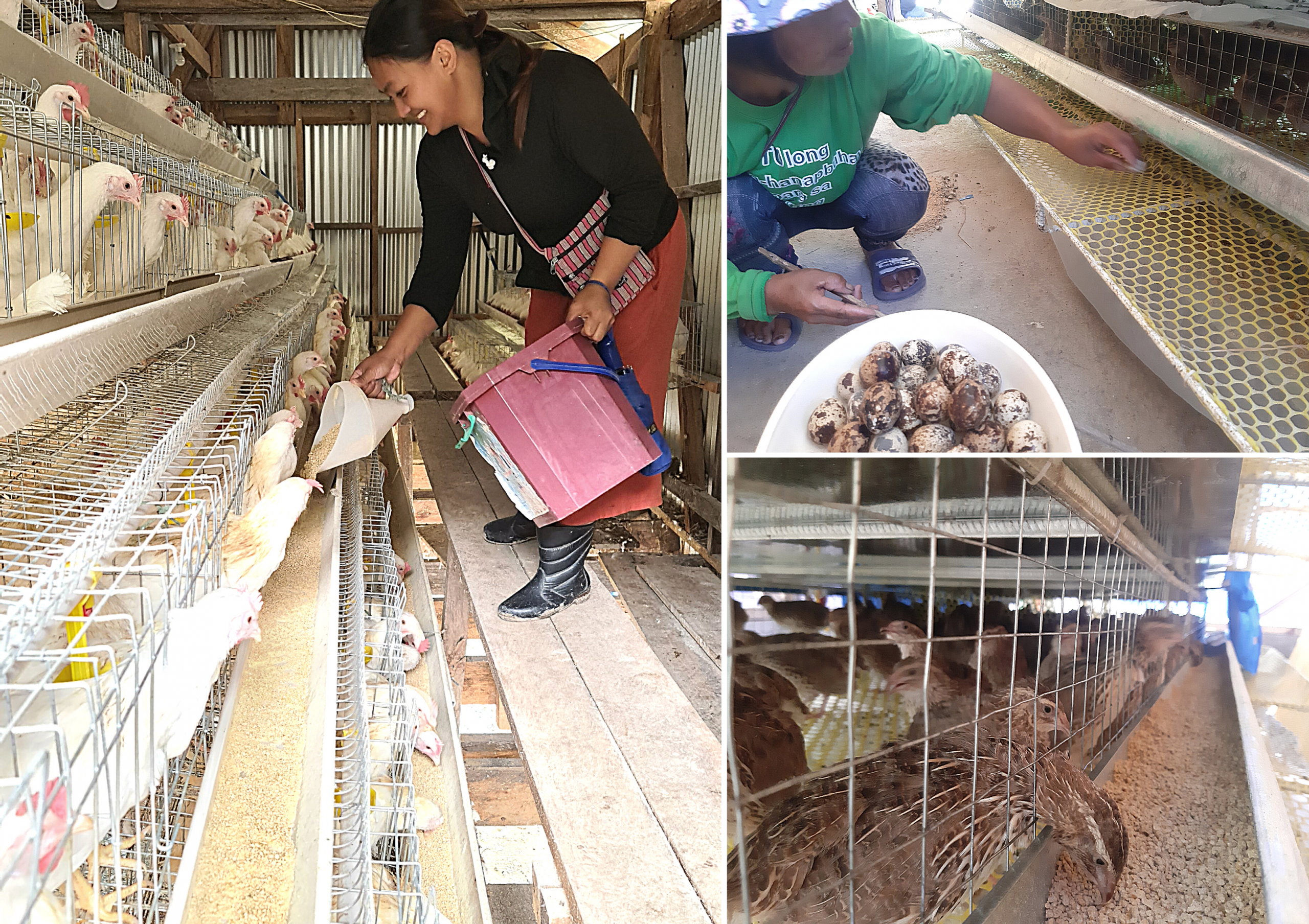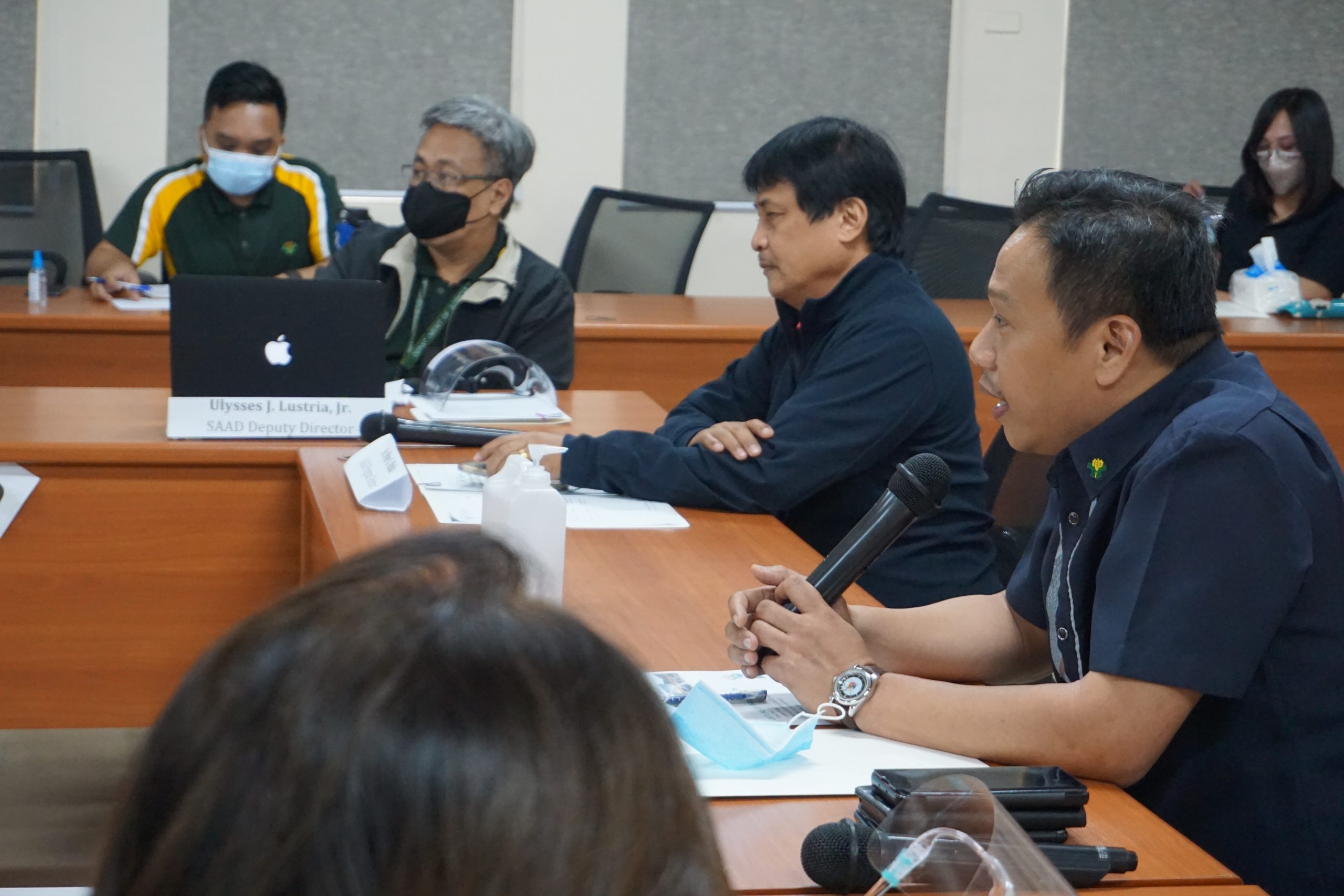Farmers are a special breed of people who don’t get enough credit for what they do.
They subject themselves to the hard labor of going out every day to tend to their farms, slaving away at blistering heats just get the job done. And all of this work just to put food on the plates of the general public.
They work like there’s no tomorrow as they know a single mistake can cause them grave damages to their livelihood and their communities.
Different risks in agriculture are what these farmers go through every season, as these involve uncertainties in inherent weather, yields, prices, market, and government policies along with other factors.
The general public is probably unaware of these problems that could arise. As long as there is still food on their plates… they’re fine.
Agriculture is treated as a side thought without realizing that our lives have been getting better while theirs have been roughly the same throughout the years. So much has technology advanced for selected few while most farmers remain in poverty.
We’ve built ourselves a place where an accomplishment of a farmer’s son is to leave “the farm” for the city to get a better life. It seems that the love of farming has been left to the elderly, which in most cases is sadly true for us and for other countries as well.
In the 2018 Innovation Olympics held in Bulacan, Hank Herman, the East-West Seeds Philippines General Manager, noted that the average age of a Filipino farmer is 57-59 years old. He also concluded that there is a great need to encourage the youth to engage in crop production for the country’s food security. This begs the question of what is the stigma of being a “farm boy” among the youth? When they should be lauded for the work they put in because they feed the people.
Farming isn’t simply just planting a crop and making it grow until one can turn it into profit. It is so much more than that.
We have the environment to think about, what crop is best suited for the land, and where to sell the produce, things like that. It is as complex as building a business or even more. There are many other different processes that should be considered.
Maybe tapping the government for projects that cater to bringing more youth in agriculture would work? Or maybe their parents should also be oriented in keeping the farm and leaving it to their children?
It is a hope that we can make farming “cool again” as the millennials would say; but until then, we need to love our farmers and respect them for what they do for us and for the future generations. ###
(Danilo P. Daguio, SAAD-CAR Focal Person)

